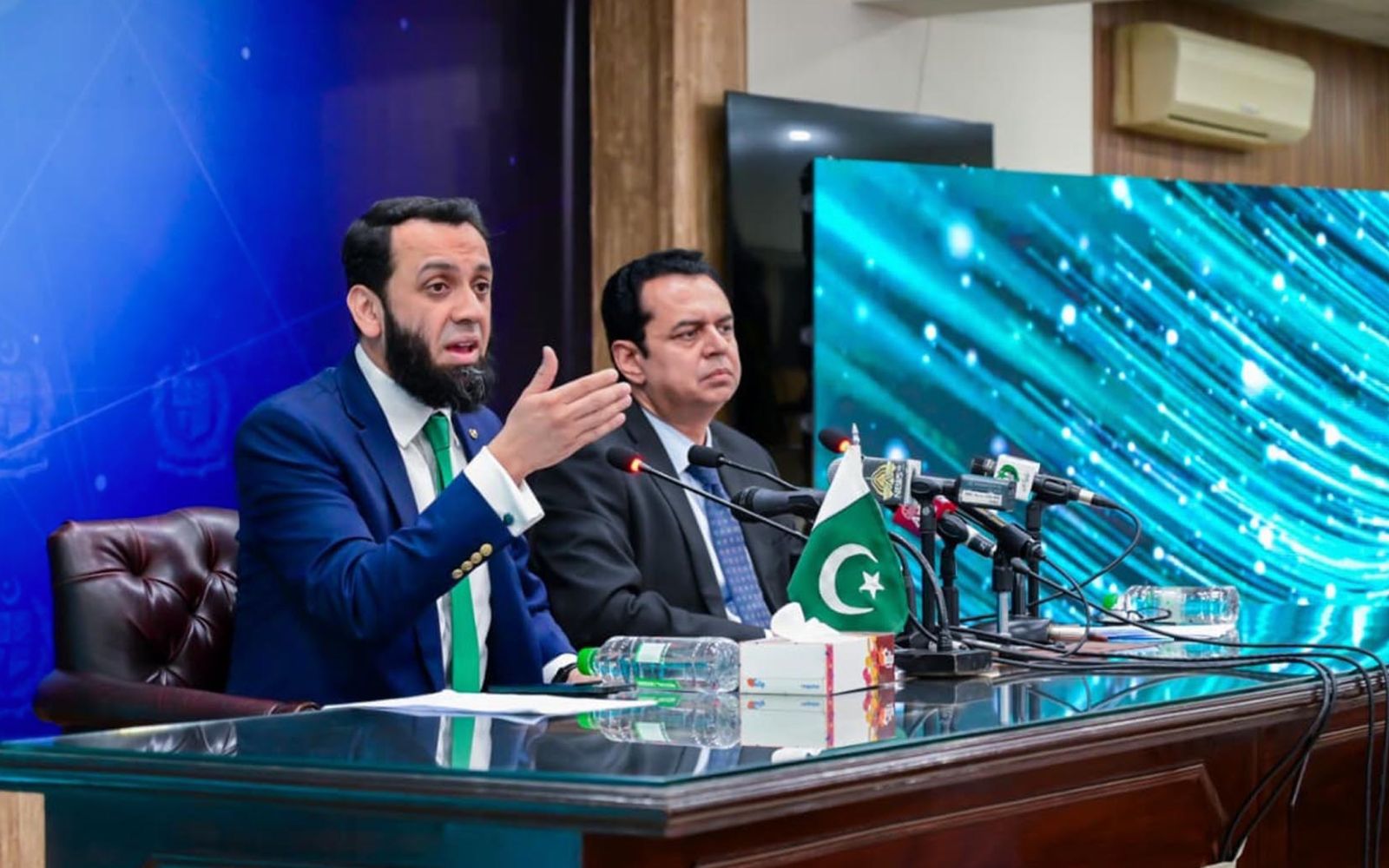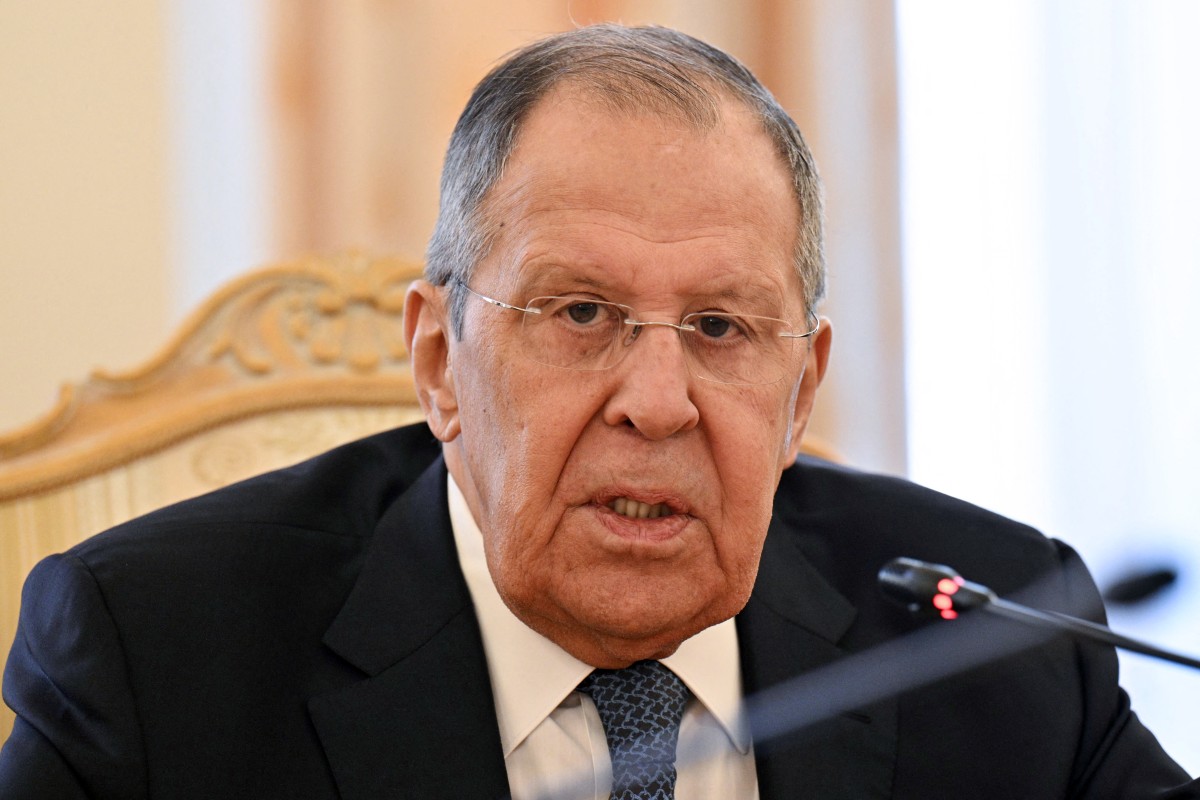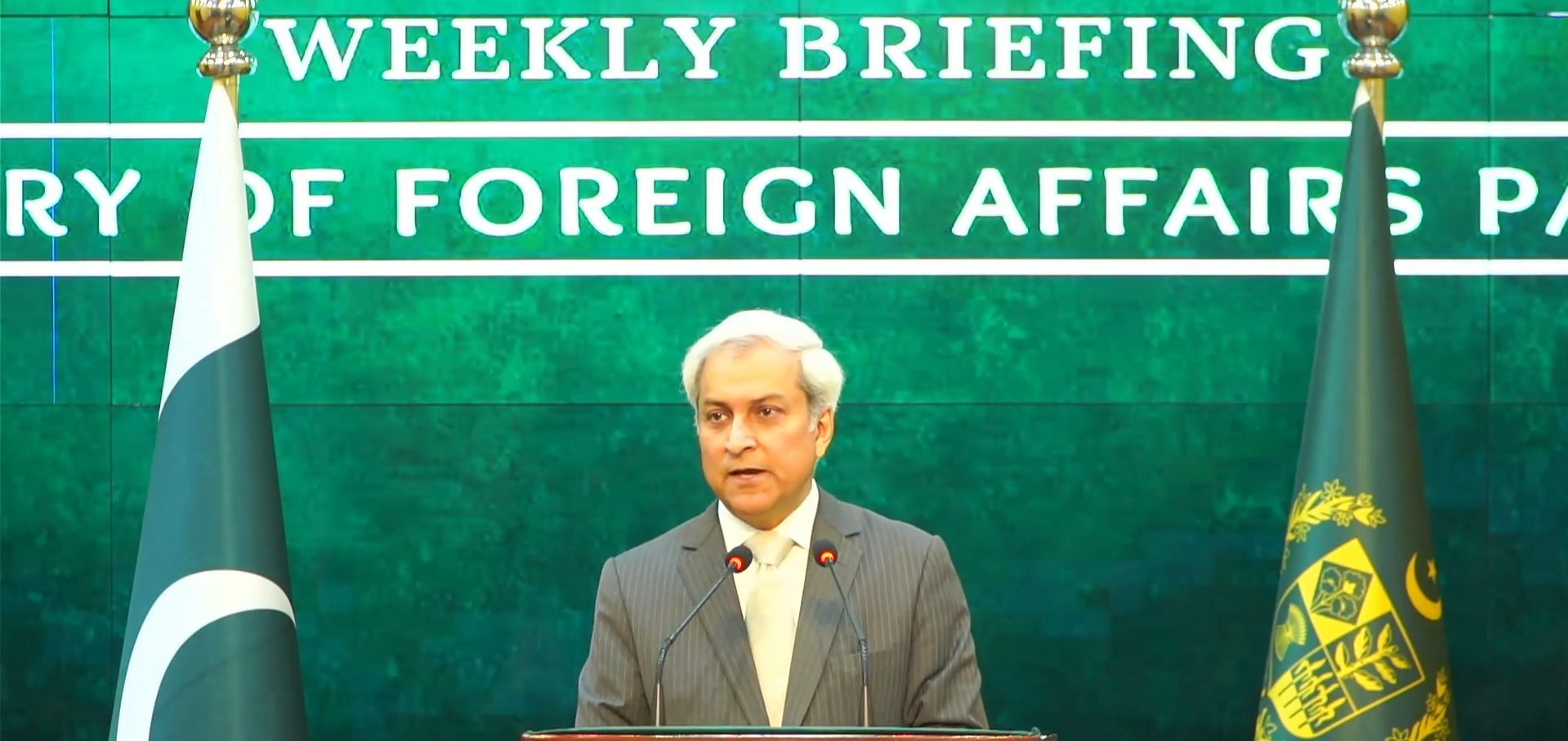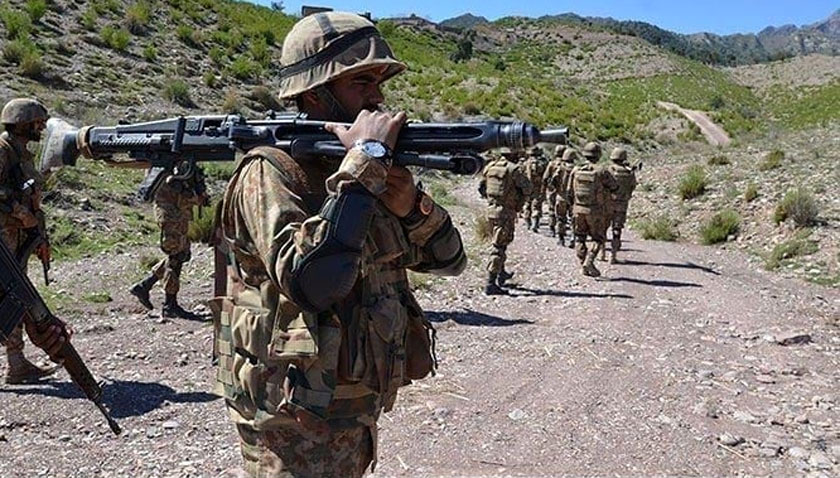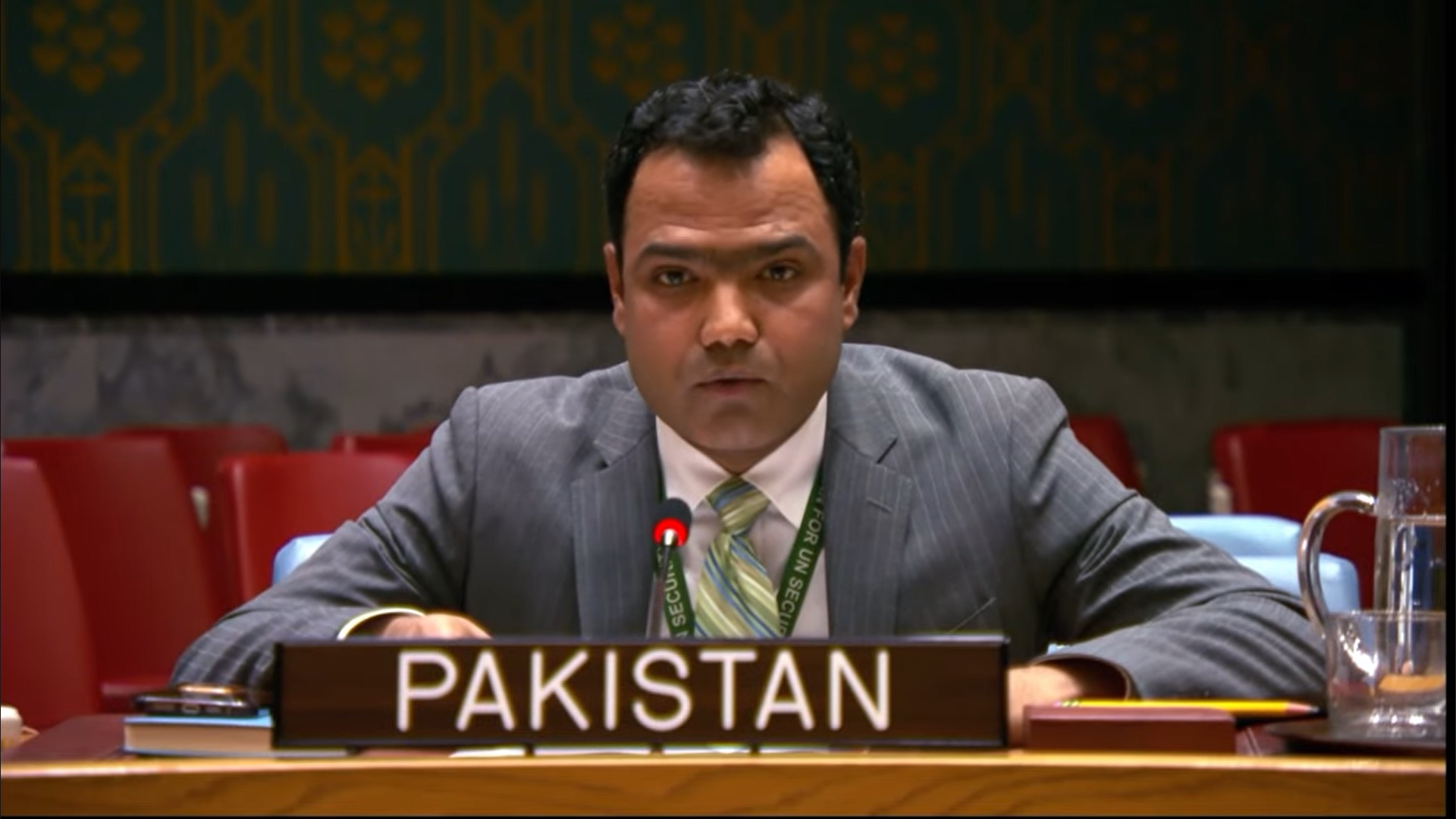ISLAMABAD: Pakistan’s government said on Saturday that it had foiled an Indian plan to stage a “false flag” attack by using a Pakistani fisherman to smuggle military uniforms and related items across the Arabian Sea, in an operation officials said was designed to fabricate evidence of Pakistani involvement in a security incident inside India.
During a joint press conference held in Islamabad, Information Minister Attaullah Tarar and Minister of State for Interior Tallal Chaudry said the suspect, identified as Ejaz Mallah, had been arrested after a period of surveillance by Pakistani security agencies.
According to the officials, Mallah, a fisherman from coastal Sindh, was detained by the Indian Coast Guard while fishing in deep waters earlier this year. Tarar said that during his detention in India, Mallah was approached by Indian intelligence operatives who allegedly offered him release in exchange for cooperation.
“He was told that if he worked for them inside Pakistan, he would be freed. If not, he would face imprisonment of up to several years,” Tarar said. “This is how they attempted to coerce him.”
After returning to Pakistan, Mallah allegedly began procuring items at the direction of his Indian handler. Officials said the items included uniforms of the Pakistan Army, Pakistan Navy, and Sindh Rangers, along with stitched name tapes, local SIM cards, currency notes and small everyday items such as matches and cigarette packets.
Surveillance and arrest
Minister of State for Interior Tallal Chaudry said Pakistani authorities began monitoring Mallah when he made “unusual and repeated inquiries” at tailoring shops and supply outlets in Karachi.
“This individual came under observation because he was asking about specific patterns and sizes associated with military attire,” Chaudry said. “Once his activities were verified and linked to suspicious communication, surveillance was intensified.”
He said Mallah was arrested when he allegedly attempted to move the items toward the sea route used by fishing vessels operating near the maritime boundary.
“He was arrested before any transfer or delivery could take place,” Chaudry said.
The recovered items were shown at the press conference, along with audio recordings that officials said contained instructions from the Indian handler.
Forensic analysis and communications
Chaudry said forensic examination of Mallah’s mobile phone showed voice messages detailing uniform sizes and delivery instructions. Mallah reportedly received an initial payment of Rs95,000 [$338.20], with the remainder to be paid after delivery.
A recorded statement from Mallah was also played, in which he said he agreed to cooperate “under pressure and promise of release” while being held in India.
Politics and propaganda
Tarar said the uniforms and items were intended to help stage a fabricated incident inside India, potentially linked to the upcoming Bihar state elections.
“These uniforms, these SIM cards, these currency notes — they were meant to create a narrative that Pakistan was involved,” he said. “Such a setup could form the basis of a false claim or planted evidence.”
He drew parallels to earlier cases involving Indian nationals arrested in Pakistan.
“We have seen cases before where fabricated narratives were prepared for political gain,” Tarar said. “This appears to be another attempt.”
'Fully alert'
Responding to a question from Pakistan TV Digital on whether the case reflected a broader Indian strategy of using vulnerable Pakistani detainees, Tarar said Indian intelligence capability had weakened.
“The capacity of Indian intelligence agencies has really diminished,” he said. “Starting from Kulbhushan Yadav, a commissioned officer who was apprehended and is in Pakistan’s custody, they have now resorted to capturing poor fishermen from the high seas and using them for such operations.”
Tarar said fishermen from both countries are frequently detained for drifting into disputed waters, but alleged India was now exploiting such detentions for intelligence purposes.
“India always resorts to such operations for propaganda warfare to malign Pakistan — and we have always exposed them,” he told Pakistan TV Digital.
“Our intelligence and law enforcement agencies remain fully alert. They have always foiled such conspiracies.”
He added that legal experts were reviewing the case.
“Yes, this can form the basis of a legal case,” he said. “It is currently being examined.”
Case under legal review
Tarar said the evidence collected would be shared internationally.
“We will place this before the relevant international forums,” he said. “It is important that such actions be understood in context.”
Both ministers urged caution regarding what they described as coordinated disinformation efforts.
“Our agencies remain alert and functioning at their best,” Tarar said. “Attempts to mislead the world at Pakistan’s expense will be exposed.”

